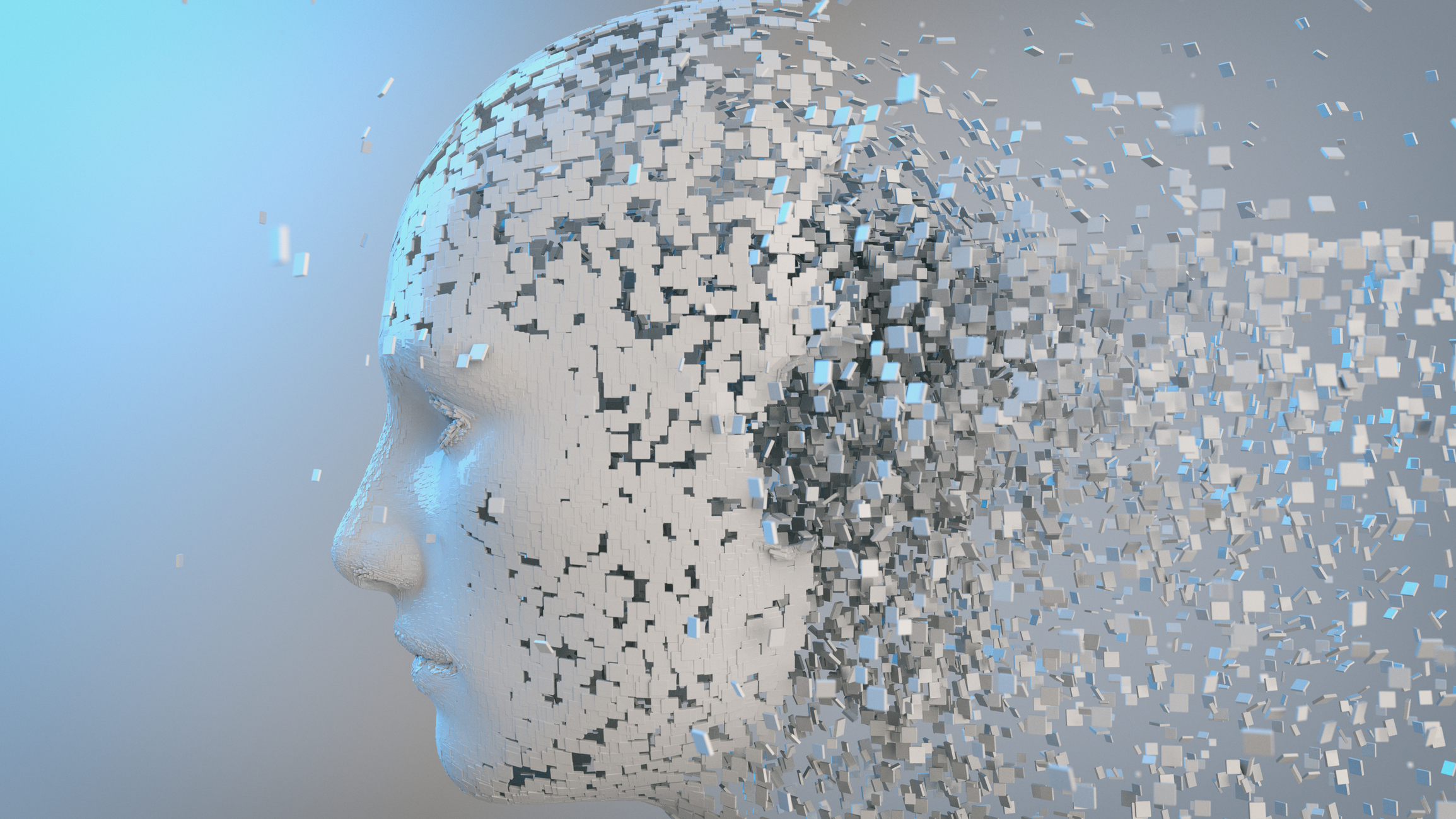AI Impact Assessment | Netherlands
Artificial Intelligence Impact Assessment
The AI Impact Assessment offers entrepreneurs, data scientists and software programmers a concrete code of conduct with which AI can be safely implemented. The Artificial Intelligence Impact Assessment was developed by the Dutch ECP | Platform for the Information Society. The AI Impact Assessment is a guide for the application of artificial intelligence. Through a practical checklist from a legal, technical and ethical point of view.
Download or view the English version of the Artificial Intelligence Impact Assessment here.
Code of Conduct Artificial Intelligence
The starting point of the AI Impact Assessment is the Code of Conduct for Artificial Intelligence. This code of conduct forms the basis of the AI Impact Assessment framework. The Artificial Intelligence Code of Conduct consists of two parts: common European ethical and constitutional values (i.e. liberty, equality, fraternity), legal principles and democratic preconditions, as well as practical rules and codes of conduct for AI applications, deep learning algorithms and autonomous systems.
AI Impact Assessment | Netherlands - Code of Conduct Artificial Intelligence
Risk and safety assessment tools
The AI Impact Assessment is related to other risk and safety assessment tools such as the Privacy Impact Assessment, Algorithmic Accountability and Responsibility & Transparancy by Design. We see the same logic in the Asimov Three Laws of Robotics, the IBM Watson AI Guidelines (Everyday Ethics for Artificial Intelligence, A practical guide for designers & developers) and the 23 Asilomar AI principles. The AI Impact Assessment also has a guide function, and provides a similar moral compass.
Guidance for responsible implementation of artificial intelligence
The AI Impact Assessment contains a comprehensive step-by-step plan with 8 steps, on the basis of which companies, developers and designers can clarify which legal and ethical standards are important in the creation and application of AI systems and smart robotics. The AI Impact Assessment and the Artificial Intelligence Code of Conduct also clarify which motives and considerations form the basis for the choices and decisions to be made during the AI implementation process. This makes the use of artificial intelligence and smart algorithms more transparent.
Dutch AI Strategy
The Dutch AI Strategy will be presented at the Conferentie Nederland Digitaal in March 2019. In this national AI strategy, ambitions and goals such as maintaining and modernizing our digital infrastructure including the transition from 4G LTE to 5G network, sustainability, the modernization of primary education, facilitate development of new skills, groundbreaking research and innovation accross sectors such as energy, healthcare, mobility & hi-tech materials and encourage lifelong learning as well as ensuring an attractive business climate are being worked out.
Het kunstmatige intelligentierecht wat komt daar allemaal bij kijken? Wat mag er juridisch wel en niet met data? Van wie zijn de copyrights en het IP? Wij bieden juridisch advies inzake AI toepassingen, implementaties en innovatiebeleid, zoals in neurale netwerken, algoritmes, Digital Twins, autonome machines en menselijke, antropomorfe robots. Juridische dienstverlening voor slimme app ontwikkelaars, ingenieurs, smart software en hardware programmeurs en natuurlijk ook voor gebruikers en end users van artificiële intelligentie systemen en investeerders in KI oplossingen. Inclusief ondernemerstips, tricks, best practices zoals het AI Impact Assessment en het ALTAI - The Assessment List on Trustworthy Artificial Intelligence inzake het HLEG EUTrustworthy AI paradigma, veiligheid, experimenten en legal sandboxes en het AI controleprobleem. Interesse in Responsible AI made in Europe? Vragen over uw inclusieve digitaliseringsstrategie? Behoefte aan ISO 42001 (AI), ISO 13485 (MDR) and ISO 27001 (Data security) certificering? Ons niche kantoor biedt u uitleg en guidance over wetgeving en recht in dit nieuwe vakgebied.


